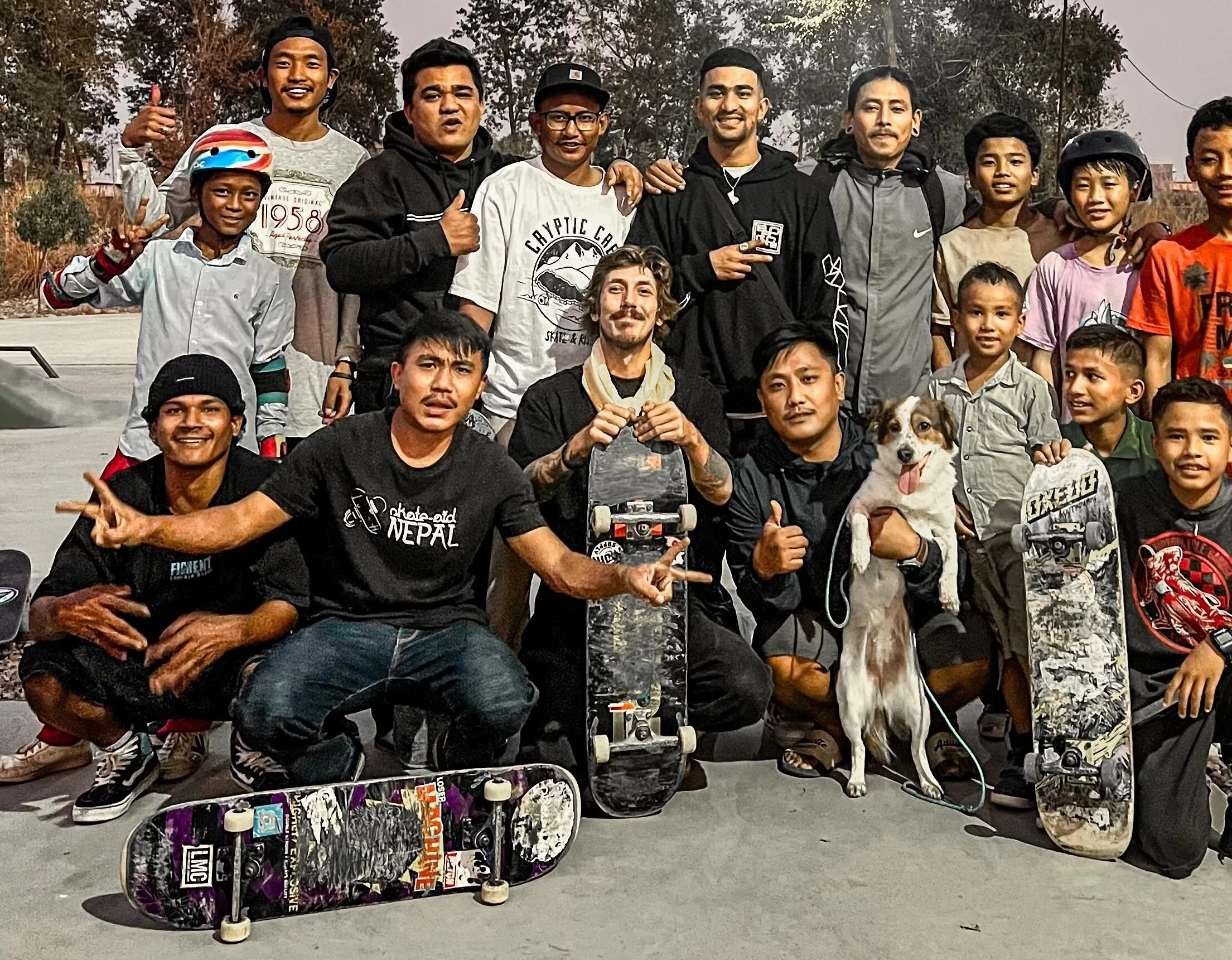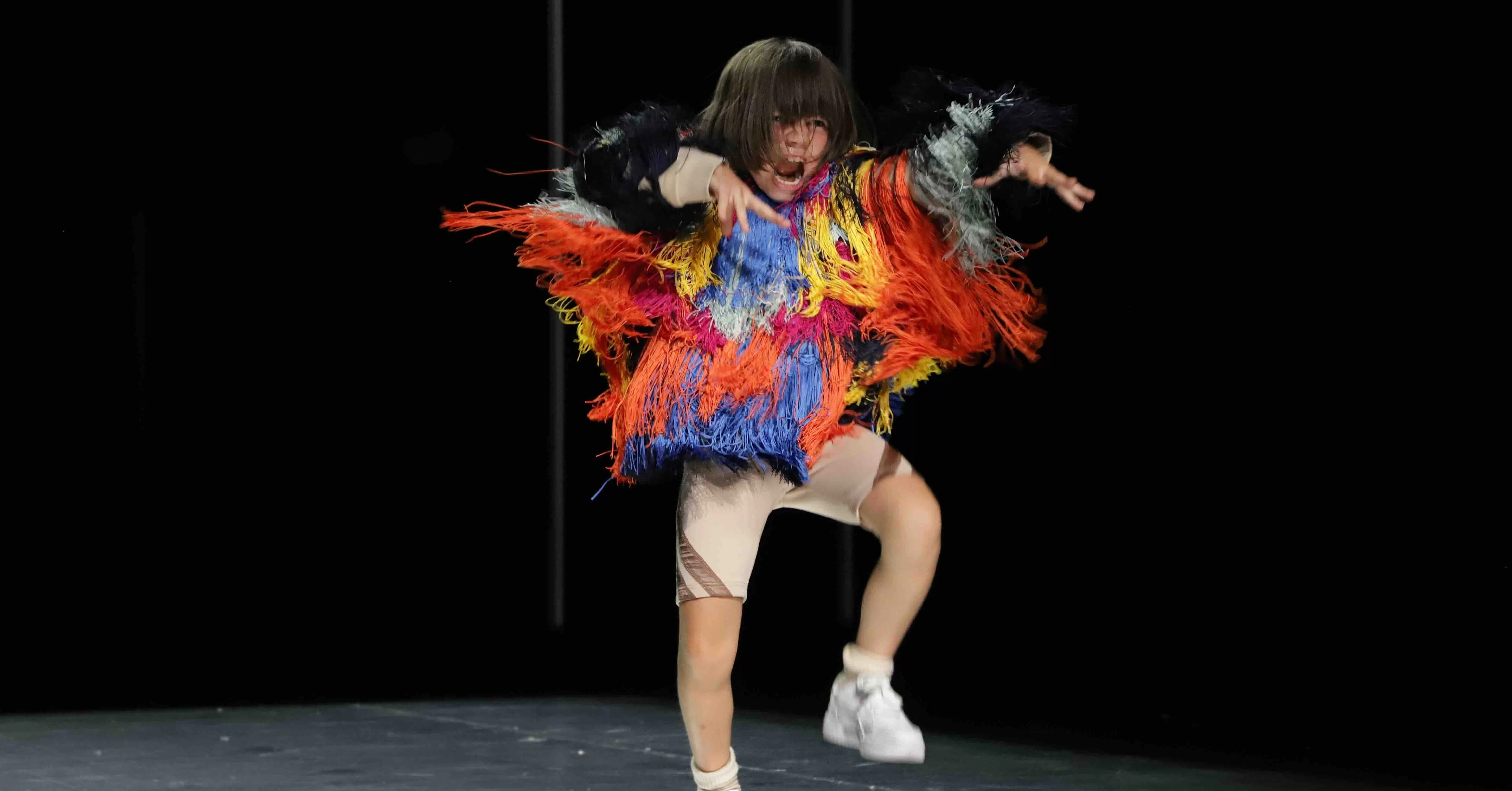Dive into the exhilarating world of skateboarding with Mike, a modern-day adventurer in search of the world’s most talented skateboarders who’s journey transcends geographical and cultural boundaries.
✈ Could you tell us a little about yourself and your journey in skateboarding?
I started skateboarding at the age of 11 in Trois-Rivières, Quebec. I dreamt of becoming a professional skater, but I never really had the time to fully commit back then, but that’s okay. Becoming a professional skateboarder is very difficult and demands a lot of work.
✈ What inspired you to embark on this journey to discover underground skaters around the world?
I’ve always wanted to travel as a backpacker with the intention of creating a YouTube channel, but at the time, I never made the big move because I was afraid. But two years ago, I had an epiphany: I realized that through skateboarding, I could go wherever I wanted. I love traveling, skateboarding, and filmmaking, so I said, let’s go.
I love the relationship with videography, making simple vlogs, what I’m doing right now is perfect for me, writing stories, storytelling, I have a great passion for YouTube, it’s an incredible platform to share what I do in life, everyone should have a channel to remember what they did in 15/20 years.
Although these aspirations didn’t materialize, his passion for skateboarding remained intact, evolving into a fascinating exploration of underground skaters around the world.
✈ Tell us what a typical day looks like for you:
It’s a lot of work! People don’t realize, sometimes I film all day and then I have a lot of work to edit, promote and I must create shorter content. Making a video takes me about 30 hours of work.
I use about 20% of what I film and the most problematic part is the storytelling. To get to where I am now, I practiced during a trip to Portugal, talking to myself. I try to educate myself as much as possible, you know, it’s not easy to become known on YouTube, you have to work hard. The hardest part for me was speaking English. Today, I’ve made over 200 videos and I’m a lot more comfortable.
✈ Do you remember the first video that really worked?
Yes, it’s the one shot in the Philippines = 200,000 views, it’s the first video I made about an actual person (in June 2023). It’s not my best video: before I documented landscapes and places, but I realized that It was necessary to talk about the people who take you to their cult places. Storytelling is the most important, it took me 6 months to realize that people watched videos about other people.
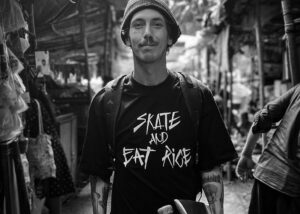
✈ What countries or cities have you visited so far, and which one has left the strongest impression on you?
It’s the most difficult question I get asked. It’s not really about the most beautiful place, the most beautiful skatepark, but it’s mainly the people, people are beautiful everywhere, so it’s hard to answer that question.
But certainly, my most beautiful encounter is Kenji. He told me that the day we met it was the most beautiful day of his life, I was really touched. It was one of the best days of my life too. If I can have a positive impact on someone, it’s amazing for me. The people I meet are really grateful. When I put myself in their shoes, I know for a fact that I would have been very happy to meet someone from Trois-Rivières, Quebec.
✈ In your opinion, how does the skate scene differ from one place to another?
The skate scene is pretty much the same everywhere, we all have the same problems in a skatepark, with the police for example. The skate culture is pretty much the same whether it’s in a small town or a big city, everyone skates together. If it’s a place where there have never been skaters, I will be treated differently, people are very nice, they welcome you, and give you rides, buy you things, etc.
Voir cette publication sur Instagram
✈ Have you noticed any unique or distinctive styles among the skaters you’ve met?
It depends on the countries, but in Asia for example, skaters aren’t obsessed with trick style, they don’t follow trends as much as in the West. You can be yourself, with your own style.
✈ How do you go about finding underground skaters in a new area?
Before, I would go to a skatepark and meet the right person with the contact, who would give me a contact, etc. Now that I’m more known thanks to my YouTube channel, people write to me directly! If you invite me to skate, I come, and I also accept lodging and food (laughs).
✈ What challenges have you encountered on your journey and how have you overcome them?
Being alone, when no one is there to help you: I’ve missed my bus without having access to the internet , plus I didn’t understand the language. In these situations, you really have to be resourceful.
✈ And in terms of security?
I’ve never had any particular problems, you have to travel with common sense, not walk around at night for example in certain countries. Also, I’ve met a lot of girls who travel, you just have to listen to yourself, it’s often a matter of feeling. I had less hope in humanity before leaving, the generosity I received is incredible, I invite people to leave to discover the world, especially in Asia.
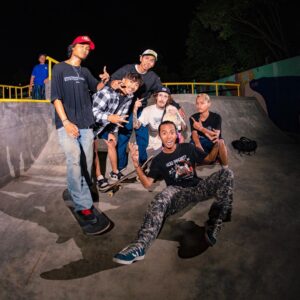
✈ How do you integrate local culture into your interactions with skaters in each place?
Firstly, 3/4 of people in the world don’t know that we speak French in Quebec, so I give little history lessons, they are curious like me. I miss poutine a bit, I can’t wait to be back in Canada during JACKALOPE Mississauga to eat some (laughs), I also can’t wait to see my family, my loved ones again.
✈ Have you noticed that cultural differences influence skate styles or techniques?
Yes, for sure, in Japan for example, the style is unique, you won’t see it anywhere else. OSAKA is super old school, kids skate the big VERT. They have a different mentality, parents take them to the skatepark 7 days a week, a culture of success. In the Philippines, it’s different, they’re not pushed by their family, they have very few skateparks, but they can really skate well, like in Brazil, Colombia where they’re not afraid of getting hurt.
What’s great about skating is that you can do it anywhere, there isn’t always a skatepark, skaters will “build something” to work with.
✈ Can you share some of your favorite skateboard spots that you’ve discovered during your travels?
1st spot: BARCELONA is an incredible city, there are amazing spots at every metro station.
2nd spot: I have a Secret spot that I discovered a few days ago, in Borneo, a temple where I skated for 7-8 hours.
Contrary to India, where skateboarding is really difficult and it’s very frowned upon, it’s the country where I had the most trouble skating. There are no street spots, and the skateparks are small for the amount of inhabitants, there must be only 500 skaters for 1.4 million inhabitants.
✈ How has this journey changed or enriched your perspective on skateboarding and life in general?
What I prefer is that I can find people everywhere, go everywhere to skate and meet people because skateboarding brings people together, we have the same passion. Skateboarding is popular but it’s especially a universal language, even if we don’t speak the same language, if we skate together, we can understand each other.
Skateboarding is so demanding, everyone tries it but it’s very difficult to be good. Within three years, I’ve seen people who have become incredibly good despite the fact that 3 years is little to learn skateboarding (example of the skater in Malaysia).
✈ Is there a particular skater you’ve met who has left a lasting impression on you?
KENJI for sure. He has a lot of potential, a good mindset.
Everyone I meet leaves an impression on me, it’s incredible. People in the Philippines are so generous, there are a lot of talented people without infrastructure, the skaters are amazing.
✈ What are your future plans for this project, and do you have any specific goals or destinations in mind?
My goal: in the next 5 years, I’d like to have made videos in 193 countries. Today I’ve been to 40 countries, it’s my biggest project.
I would also like to create a foundation to give away skateboards and build skateparks on my future trips, and continue to give opportunities to people like with JACKALOPE’s golden tickets.
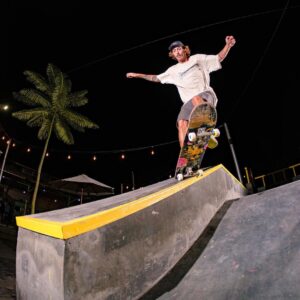
✈ Are there other aspects of the skateboarding world that you would like to explore in the future?
I like to skate unique things: I would like to skateboard on a plane, do the highest kickflip in the highest place in the world, skateboard on an erupting volcano, go to places where no one goes, skateboard in a submarine, skateboard on the moon. My biggest dream: skateboard on another planet, or in North Korea (certainly more realistic) or in Bhutan, Afghanistan.
✈ Next trip?
I was thinking of the Philippines or Hong Kong. I’m not decided yet, but in any case I will do both. In Hong Kong, I don’t know anyone for the moment so I’m going to try and make contacts beforehand.
In the end, Mike’s journey goes far beyond skateboarding. It’s an exploration of life, culture, and human generosity across the four corners of the world. As new destinations loom on the horizon, one thing is certain: Mike will continue to push the limits of what’s possible, meeting skateboarders from around the world.
